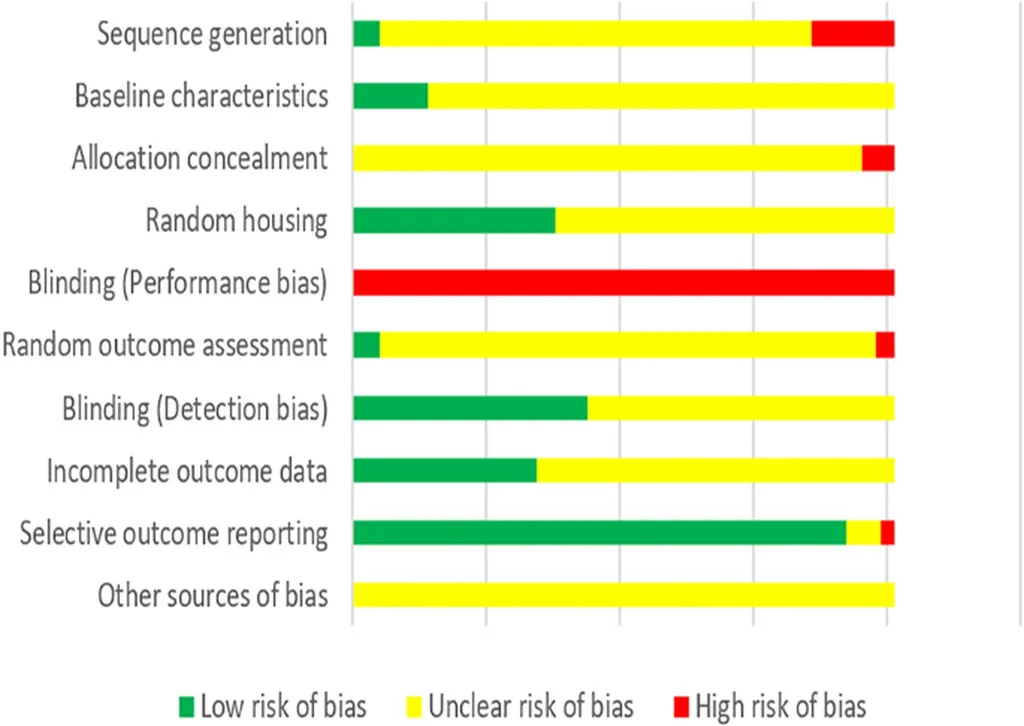In the heart of Beijing, within the Biotechnology Research Institute of the Chinese Academy of Agricultural Sciences, a team of researchers led by Yuxiao Chen has been quietly revolutionizing the way we assess the safety of genetically modified crops. Their latest study, published in the journal ‘Plants’ (which translates to ‘Plants’ in English), focuses on alfalfa, a vital global forage crop, and could have significant implications for the energy sector.
Alfalfa, known scientifically as *Medicago sativa* L., is a cornerstone of livestock farming, providing essential nutrients for cattle, sheep, and other grazing animals. With the global demand for meat and dairy products on the rise, the pressure is on to enhance alfalfa yields and quality. Transgenic technology, which involves the introduction of foreign genes into the plant’s genome, offers a promising solution. However, the environmental risks, particularly the potential for pollen-mediated gene flow, must be rigorously assessed.
Chen and his team have developed an innovative in vitro pollen viability assay, a method to evaluate the viability of pollen grains under controlled laboratory conditions. “This is not just about assessing the safety of transgenic alfalfa,” Chen explains. “It’s about providing a robust, standardized protocol that can be applied to other crops and contexts, ensuring that our agricultural advancements are both innovative and responsible.”
The team’s method involves culturing pollen grains in an optimized medium and assessing their viability under various conditions. By establishing key assessment parameters at different time points and temperatures, they have created a comprehensive evaluation system. The results of their comparative analysis revealed no significant difference in pollen viability between the transgenic line SA6-8 and its non-transgenic parent “ZM-1”. This finding suggests that the genetic modification did not impact the pollen viability of SA6-8, a crucial insight for both farmers and regulators.
The implications of this research extend far beyond the field. Alfalfa is not just a forage crop; it’s a vital component of the bioenergy sector. As the world shifts towards renewable energy sources, the demand for biomass crops like alfalfa is expected to rise. Ensuring the safety and efficacy of transgenic alfalfa varieties is therefore not just an agricultural concern but an energy imperative.
Chen’s work is a testament to the power of interdisciplinary research. By bridging the gap between plant biology, environmental science, and energy policy, he and his team are paving the way for a more sustainable future. “Our goal is to provide decision-makers with the tools they need to make informed choices,” Chen says. “This is about more than just science; it’s about shaping the future of our planet.”
As the world grapples with the challenges of climate change and energy security, research like Chen’s offers a beacon of hope. By providing a standardized protocol for assessing the safety of transgenic crops, he is not only advancing the field of agricultural biotechnology but also contributing to the broader conversation about sustainable development. The journey towards a greener future is long and complex, but with each breakthrough, we take one step closer to our goal.

